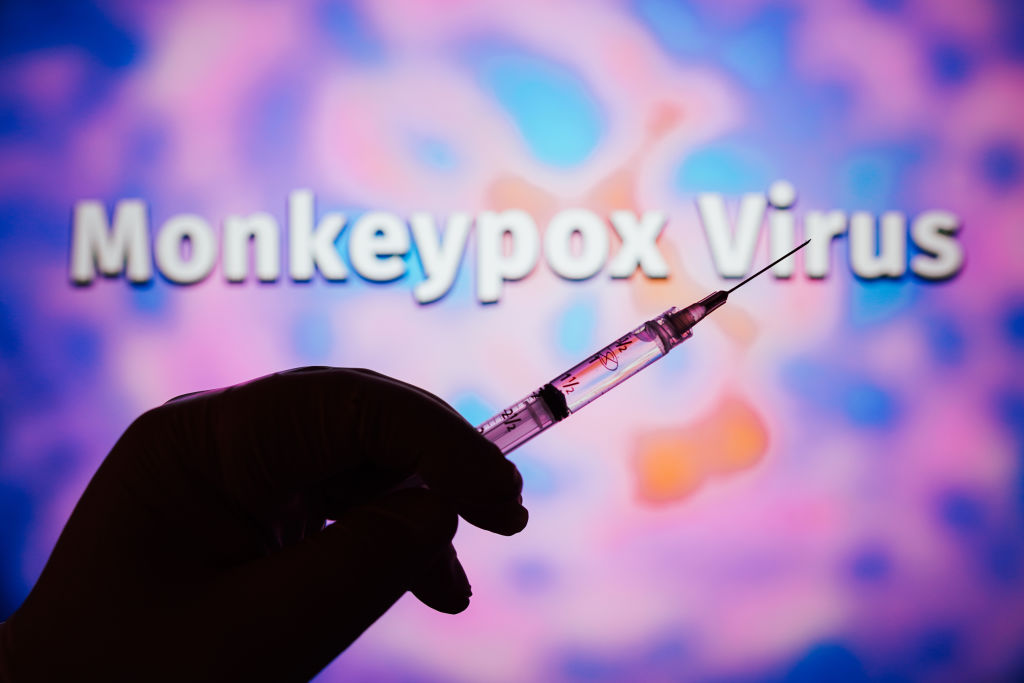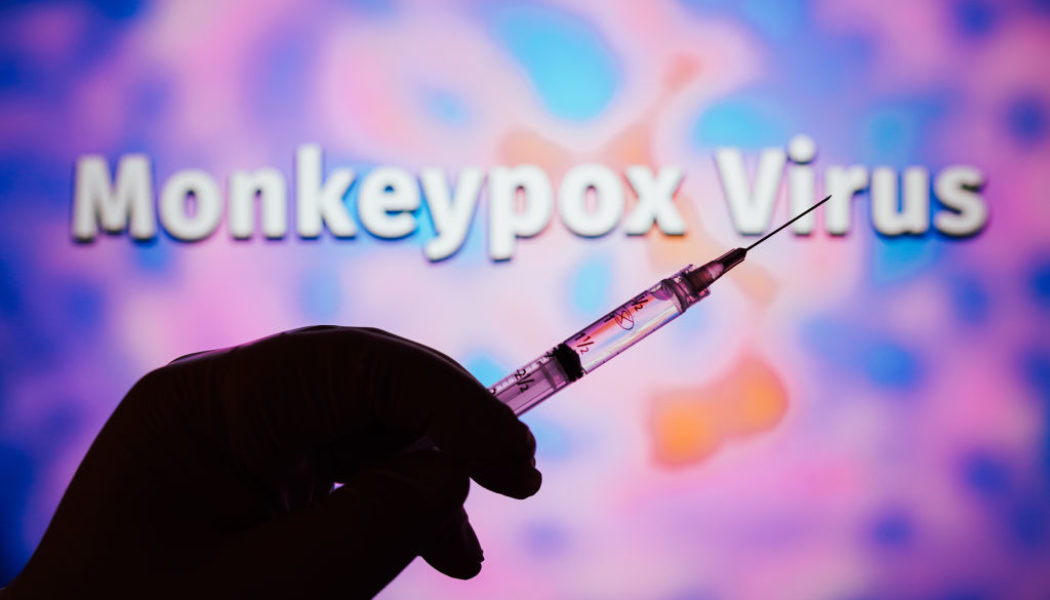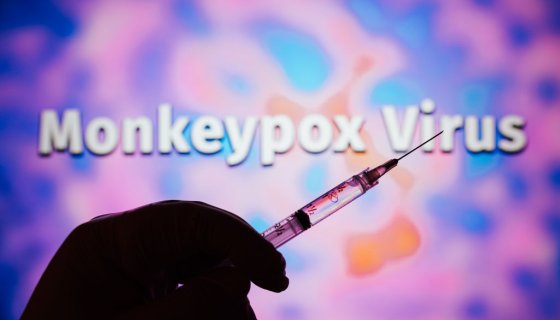
Source: SOPA Images / Getty
The confirmation of an outbreak of the monkeypox virus last week has many concerned as two cases have been confirmed in the United States. But initial reporting has left a space for confusion about the virus and the risks with COVID-19 still prevalent. We’ve taken some time to provide some clarity in this article.
Officials with the World Health Organization have confirmed that while 160 cases of monkeypox have been discovered in the U.S. and 12 European nations along with Israel and Australia, they are confident that the spread can be stopped as these are countries where it is considered non-endemic. “As surveillance expands, we do expect that more cases will be seen. But we need to put this into context because it’s not Covid,” said Maria Van Kerkhove, emerging diseases lead for the WHO in a Q&A session held online Monday (May 23rd).
So what exactly is monkeypox?
For starters, it belongs to the family of poxviruses and received the name after it was discovered in laboratory monkeys by Danish scientists in 1958. It’s an animal-borne virus, predominately found in rodents such as tree squirrels and Gambian pouched rats for example. Transmission has mainly been between these rodents and primates who occupy the tropical rainforests in Central and West Africa.
In humans, monkeypox can be transmitted through contact with lesions on the skin of someone infected, coming in contact with contaminated material, or through drops of bodily fluid excreted by someone infected, potentially through sexual activity. Those infected with monkeypox will exhibit symptoms of fever, muscle aches, a chickenpox-like rash on the hands and face, swollen lymph nodes, and exhaustion and chills.
The virus is not normally fatal but can be for immunocompromised people, pregnant women, and children. It clears up after two to four weeks and doesn’t require immediate hospitalization. The WHO has also stated that the smallpox vaccine can help those infected with monkeypox. The first human case of monkeypox was in 1970 in the Democratic Republic of Congo. Since then, there have been small outbreaks in that nation and ten others in Central and West Africa where it has been given endemic status.
Researchers with the WHO recently pointed to the possibility that a portion of the sudden outbreak of monkeypox “cases have mainly but not exclusively been identified” among those who identify as gay or bisexual in some of the affected European countries. Authorities in Spain and Belgium are now investigating two rave events as sources of the spread. Dr. Boghuma Kabisen Titanji, an infectious diseases specialist at Emory University in Atlanta, Georgia took to Twitter to blast news agencies reporting on the monkeypox outbreak with homophobic and racist overtones. “Outbreaks can very easily breed stigma. This happened with the AIDS epidemic and during #COVID.”, she wrote.
She also called out the inequality in global health in another tweet, commenting on the fact that the presence of monkeypox in Europe might lead to quicker immunization for that population before those African nations who have been dealing with it for decades:
The United Nations agency overseeing efforts to combat HIV/AIDS issued a press statement in response to the biased reporting as well, saying: “some public reporting and commentary on monkeypox has used language and imagery, particularly portrayals of LGBTI and African people, that reinforce homophobic and racist stereotypes and exacerbate stigma. Lessons from the AIDS response show that stigma and blame directed at certain groups of people can rapidly undermine outbreak response.”











Tagged: Coronavirus, Current Events, entertainment blog, monkeypox, music blog, Newsletter